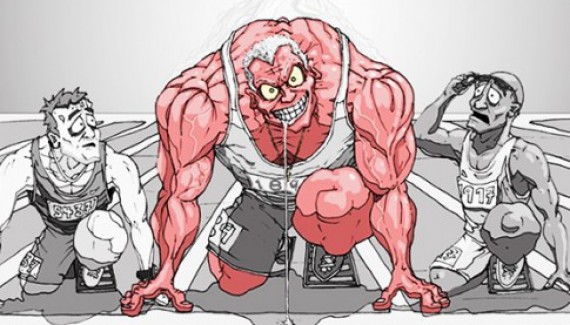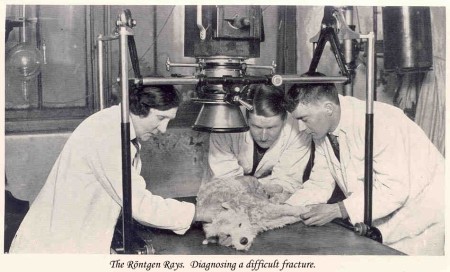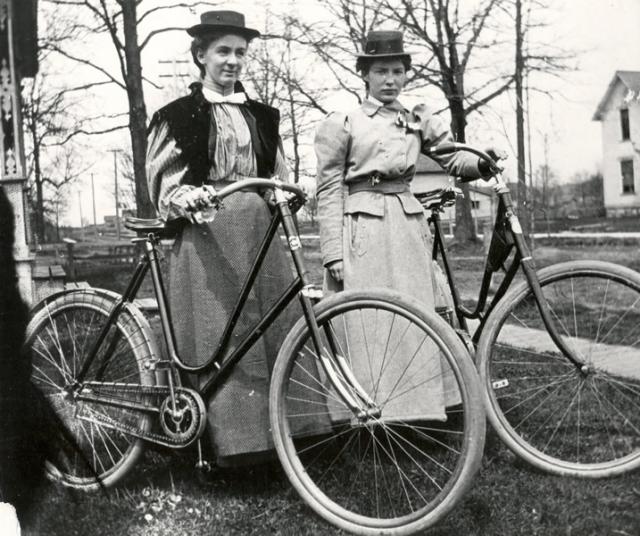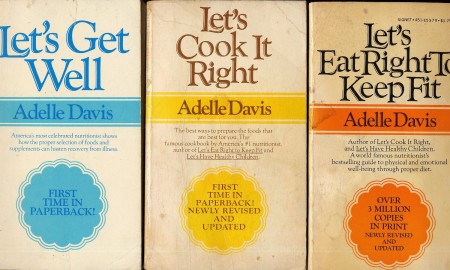The August issue of The Journal of Medicine and Philosophy does not have a specific theme. The nine articles address a number of quite interesting issues, among them:
- How existential psychotherapy can offer powerful insights to patients recovering from severe mental disorders such as psychosis
- How a preference in athletics for natural talent over artificial enhancements (such as doping) may reflect “unsavory beliefs about ‘nature’s aristocracy’ ”
- How rich, educated, white males may be just as, if not more, vulnerable to threats posed by physician-assisted suicide and voluntary active euthanasia than members of marginalized groups
- When the decision is made not to administer artificial hydration and nutrition, can the responsibility for the patient’s death be attributed to the underlying pathology, even when that is not the cause of death
- The right to procreate: Is it possible for prospective mothers to wrong prospective fathers by bearing their child
Note that the articles in this journal are not open access and that I have added the emphasis in the following extracts and abstracts. Read more






